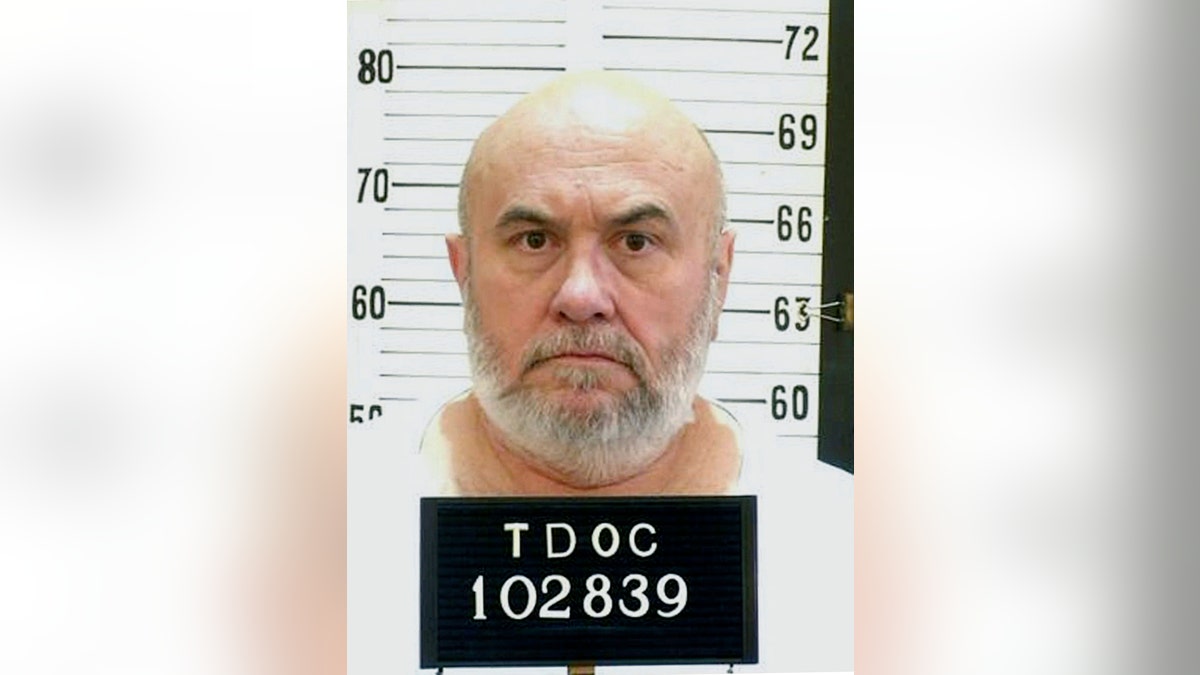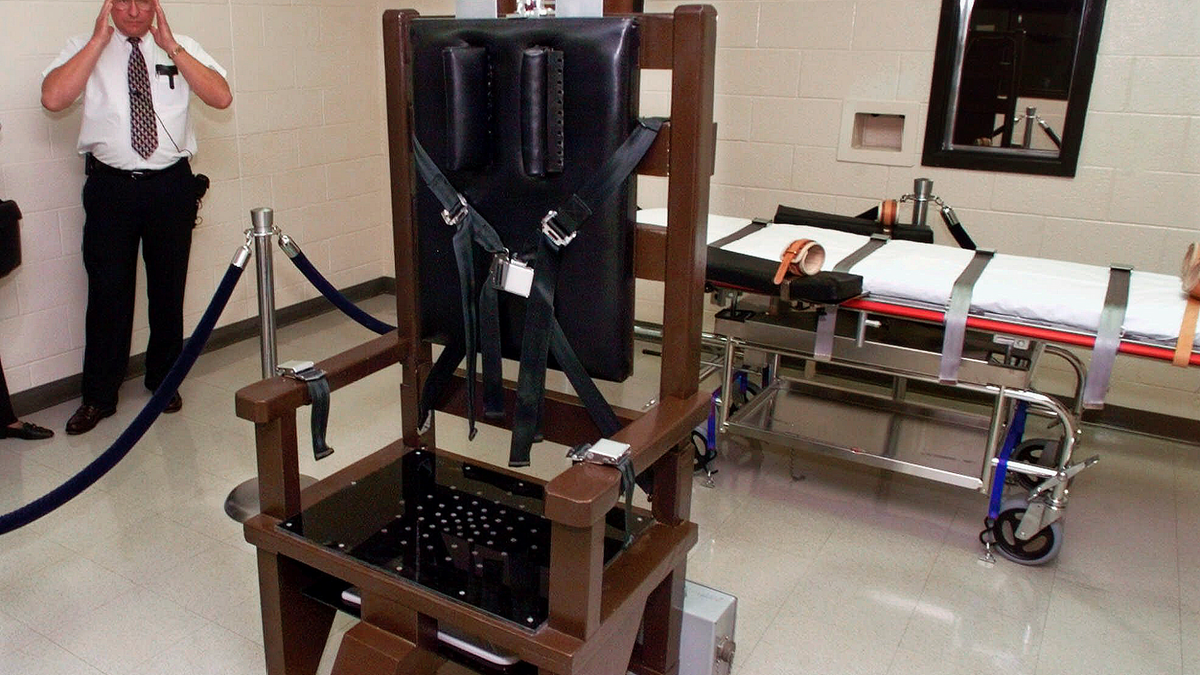
This undated photo released by the Tennessee Department of Corrections, shows death row inmate Edmund Zagorski in Tennessee. (Tennessee Department of Corrections via AP)
As his planned Thursday execution draws near, Tennessee death row inmate Edmund Zagorski has been moved to “death watch,” according to reports.
Meanwhile, the maker of the state’s electric chair, which is expected to be used for the first time since 2007, says he’s worried that the device might not work as planned.
Zagorski’s “death watch” designation came Tuesday morning, the Tennessean of Nashville reported. Death watch is a period just prior to execution when the inmate is moved to a cell immediately next to the execution chamber and placed under 24-hour observation, the report said.
In addition, limits are placed on which people may visit him, and all visits will be non-contact – until Thursday, when the warden will decide if anyone may have a contact visit, the report said.
If the execution proceeds as planned, it will be in an electric chair built by Fred Leuchter, a self-taught execution expert whose reputation was tainted by a claim that there were no gas chambers at Auschwitz.
Leuchter’s concern is that Tennessee's chair will fail because of changes others made to it after he was no longer allowed to service it.
“What I'm worried about now is Tennessee's got an electric chair that's going to hurt someone or cause problems. And it's got my name on it," Leuchter told the Associated Press. "I don't think it's going to be humane.”

In this Oct. 13, 1999, file photo, Ricky Bell, warden at Riverbend Maximum Security Institution in Nashville, Tenn., gives a tour of the prison's execution chamber. If Tennessee electrocutes Zagorski, it will be in an electric chair built by a self-taught execution expert who is no longer welcome in the prison system. (Associated Press)
Gov. Bill Haslam said he is confident the execution can be carried out without problems.

Tennessee Gov. Bill Haslam talks with reporters in Nashville, Tenn., April 13, 2016. (Associated Press)
"I have a great deal of confidence in our Department of Correction folks,” he told the AP. “We've spoken with them regularly and they've assured us [the chair is ready]."
"I have a great deal of confidence in our Department of Correction folks. We've spoken with them regularly and they've assured us [the chair is ready]."
But Fordham University professor Deborah Denno notes that electric chairs have "a history of botches that has only gotten worse.”
In two Florida executions in the 1990s, smoke and flames shot from the condemned inmates' heads. In 1999, blood spilled from under an inmate's mask.
Shortly afterward, the U.S. Supreme Court agreed to decide whether the electric chair violates the 8th Amendment prohibition on cruel and unusual punishment. But the case was dropped after Florida switched to lethal injection.
Tennessee has executed only one person in Leuchter's electric chair. Daryl Holton died that way in 2007.
In preparation, an electrical engineer reduced the voltage from 2,640 to 1,750 and raised the amperage from 5 to 7. The timing was also changed, from two, one-minute jolts with a 10-second pause between, to a 20-second and 15-second jolt with a 15-second pause between. The execution was successful.
The chair was inspected on Oct. 10 of this year and found to meet the criteria for an execution, state documents show.
But Leuchter said he feels the chair now is "defective and shouldn't be used."
"It worked the first time, but I think they were lucky," he said.
The Associated Press contributed to this report.









































